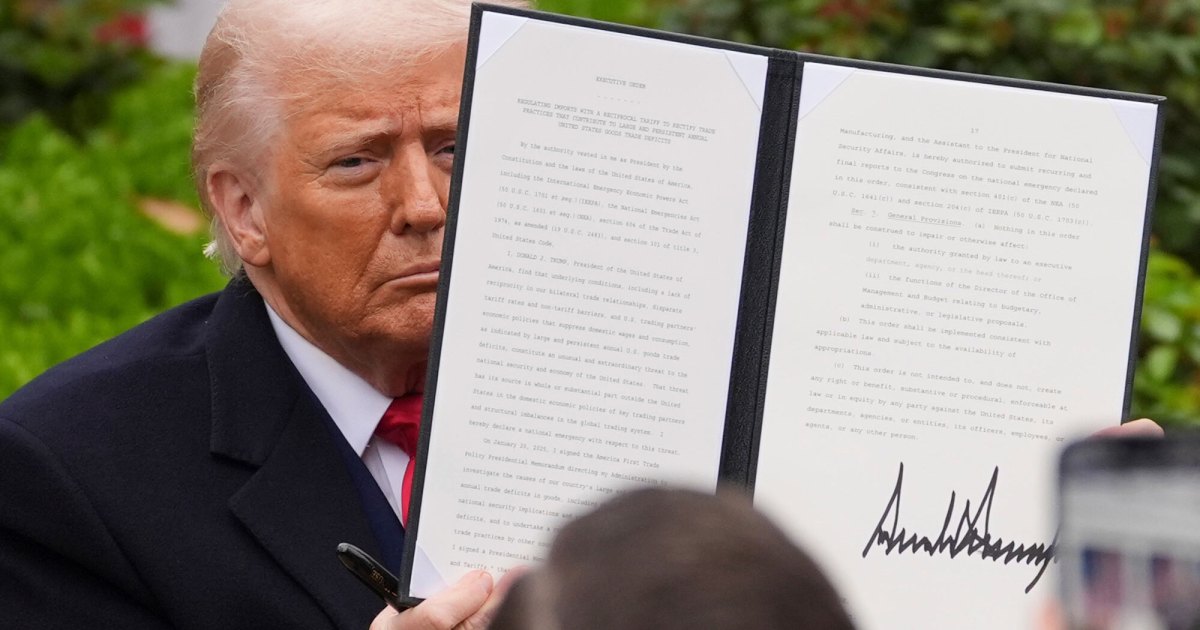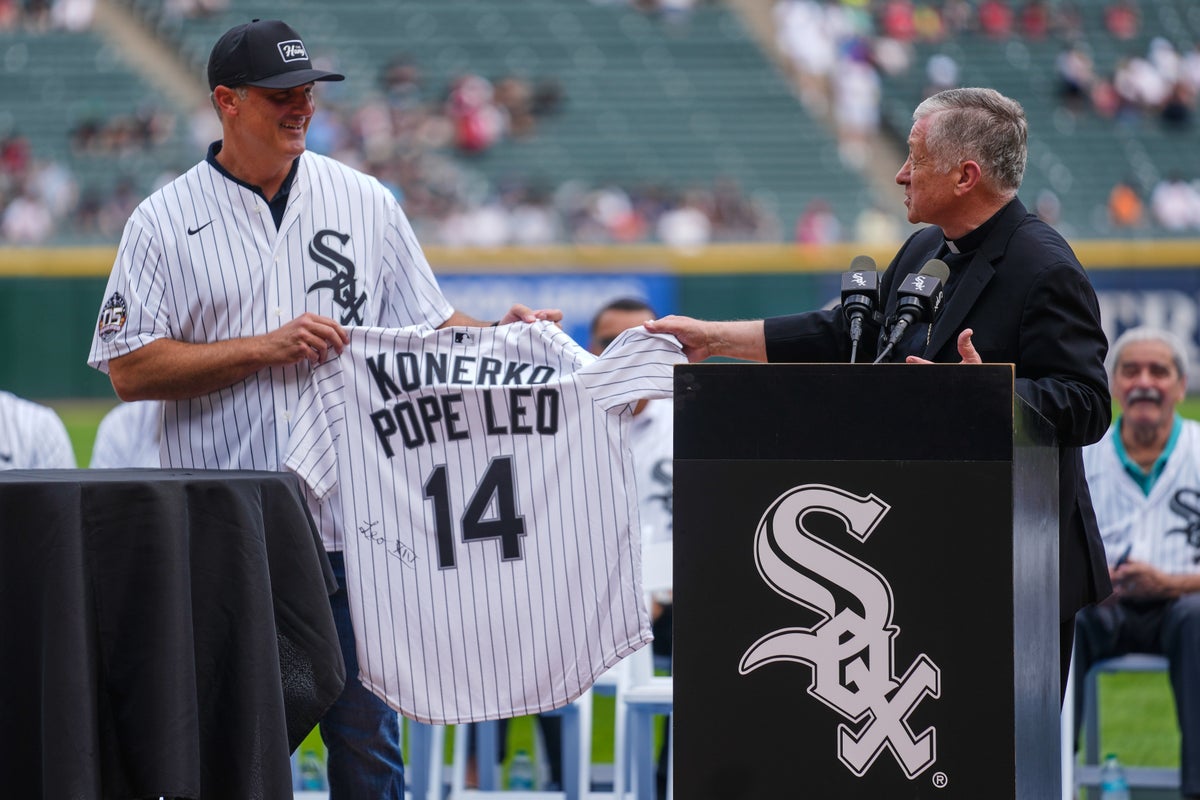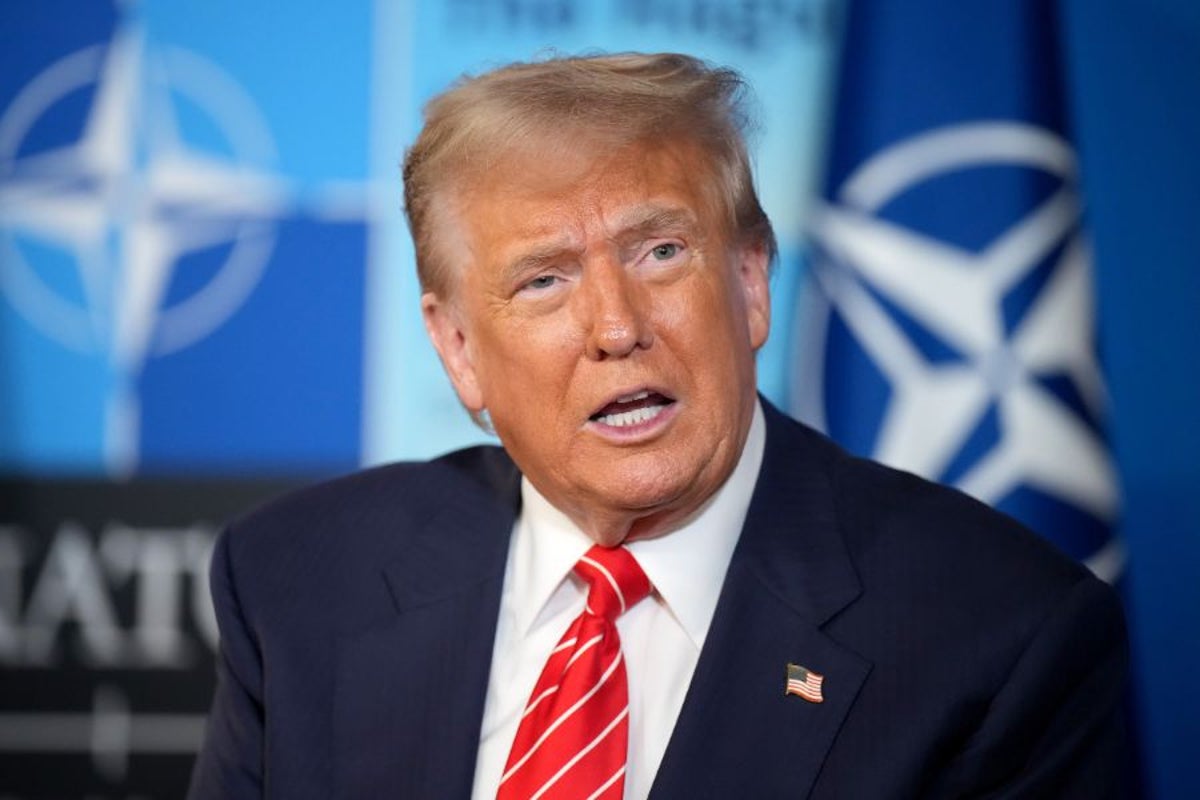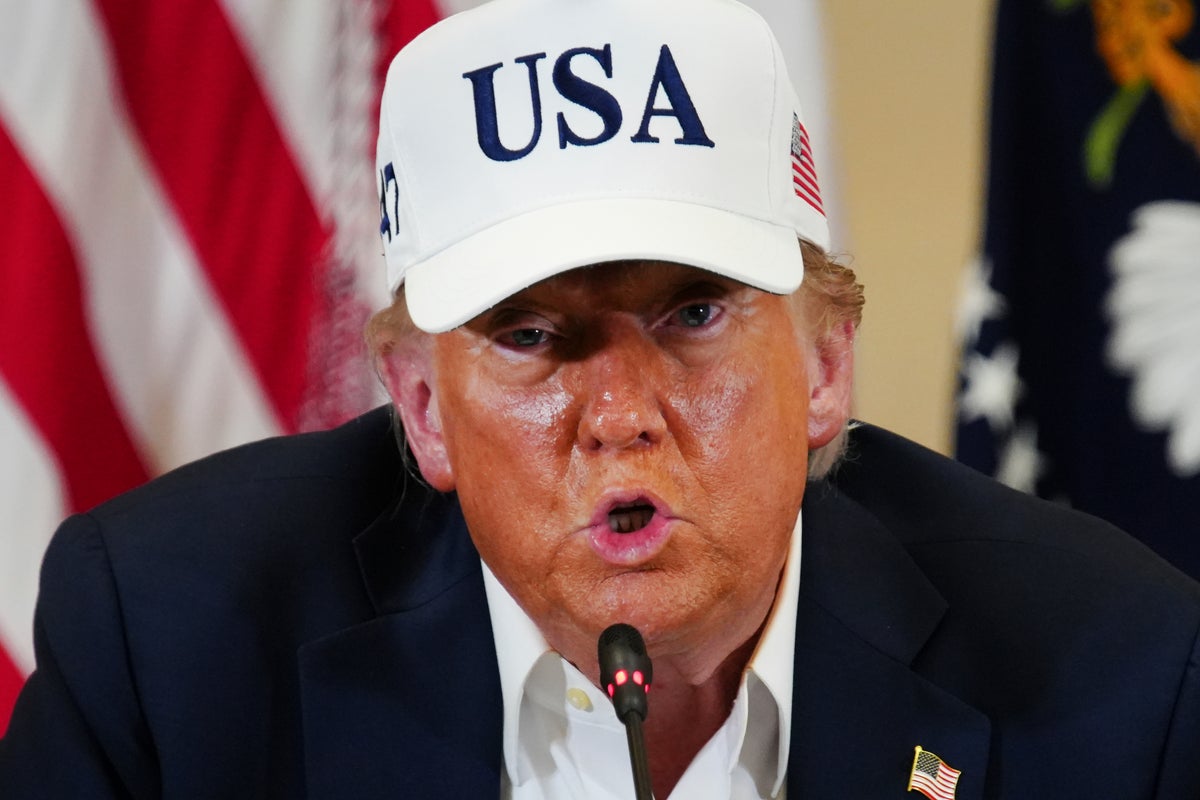On Saturday morning, President Donald Trump announced plans to hit the European Union and Mexico with 30 percent tariffs starting on August 1.
If this gives you déjà vu, it is not without good reason. Trump has repeatedly announced, delayed, changed and rescinded major tariffs across the globe since he took office in January. The frequency with which he has threatened—and then called off—staggering tariff increases led a finance journalist to coin an unflattering name for this behavior: “TACO”—Trump Always Chickens Out.
Trump’s latest threats, which he posted to his social media platform Truth Social, are replete with strange capitalization choices and purport that a 30 percent tariff is a small price to pay—though it’s the American importers, and ultimately US customers, who pay it—for the great privilege of trading with the United States.
“We invite you to participate in the extraordinary Economy of the United States, the Number One Market in the World, by far,” Trump wrote in a letter to the president of the European Commission. “Our relationship has been, unfortunately, far from Reciprocal. Starting on August 1, 2025, we will charge The European Union a Tariff of only 30% on EU products sent into the United States.”
“Mexico has been helping me secure the border, BUT, what Mexico has done, is not enough. Mexico still has not stopped the Cartels who are trying to turn all of North America into a Narco-Trafficking Playground. Obviously, I cannot let that happen!” reads Trump’s letter to Claudia Sheinbaum, Mexico’s president.
Citing Trump’s growing impatience, and the TACO moniker apparently getting under his skin, four Trump-insider sources told Politico that they would not be surprised if he acts on his tariff threats this time around. “It would make little sense—politically or from a policy standpoint—for the president to offer any additional grace,” Politico reported.
Trade experts are not so sure. According to the Washington Post, UBS financial services executive Ulrike Hoffmann-Burchardi recently told clients: “We caution against overreacting in the near term given the lack of clarity on what policy will actually stick.













